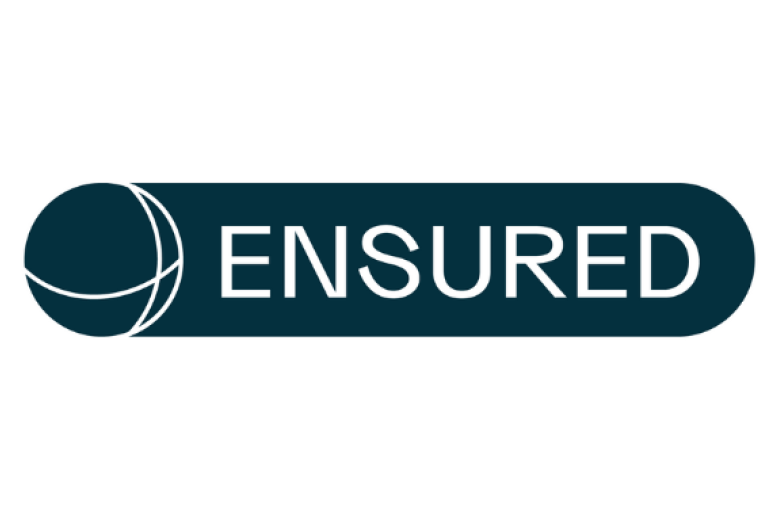Research projects
PCE researchers are active academics. Below you can find an overview of several current research projects PCE researchers have received funding for.
ARM: The long arm of authoritarian states
Dr. Mariëlle Wijermars has, together with an international consortium lead by PI Lovise Aalen of the Chr. Michelsen Institute, received funding from the Horizon Europe funding scheme for the project ‘ARM: The long arm of authoritarian states’.
The project explores how authoritarian states suppress information and will deliver a practitioners’ toolkit for how to counter it. More specifically, the project will analyse how Russia, China, Ethiopia and Rwanda seek to suppress independent voices and information, with a special focus on how this information suppression affects EU states and diaspora communities that have settled in the EU.
Project partners:
- Chr. Michelsen Institute
- University of Helsinki
- Hertie School
- Panteion University of Social and Political Sciences
- University of Tartu
- Riga Stradins University
- University of Tromsø
- University of Bergen
- WZB Social Science Center
- Lund University

REUNIR: Resilience, Enlargement, Union, Neighbourhood, International Relations
Together with 12 partners from across Europe, Dr. Gergana Noutcheva, Dr. Assem Dandashly and Prof. Dr. Hylke Dijkstra received funding from the Horizon Europe funding scheme for the project 'REUNIR – Resilience, Enlargement, Union, Neighbourhood, International Relations: Future-proofing EU security, Enlargement and Eastern neighbourhood policies for a new age of international relations'.
REUNIR examines how the EU can strengthen its foreign and security toolboxes to bolster the resilience and transformation of (potential) candidate countries in a new age of international relations. By granting candidate status to Ukraine and Moldova and a European perspective to Georgia, the EU has rejected a Russian sphere of influence and instead determined where its future borders should lie. But this decision has not yet led to policies tailored to effectively respond to a geopolitical context which also sees China and other state actors competing for influence. REUNIR empirically assesses foreign threats to the military, socio-economic and democratic resilience of 9 neighbouring countries, determines capability shortfalls, maps local perceptions of the EU’s support and political perspectives inside the EU on neighbourhood relations. Outlining scenarios up to 2035, REUNIR offers evidence-based policy recommendations to mitigate malign foreign interference and strengthen the EU’s external action.
Project partners:
- Centre for European Policy Studies (CEPS)
- Norwegian University of Science and Technology (NTNU)
- College of Europe, Natolin (COEN)
- Sorbonne Nouvelle (SN)
- Global Public Policy Institute (GPPi)
- Maastricht University (UM)
- International Centre for Defence and Security (ICDS)
- University of Graz (UG)
- Belgrade Centre for Security Policy (BCSP)
- National University of ‘Kyiv-Mohyla’ academy (NaUKMA)
- Institute for European Policies and Reforms (IPRE)
- Georgian Institute of Politics (GIP)
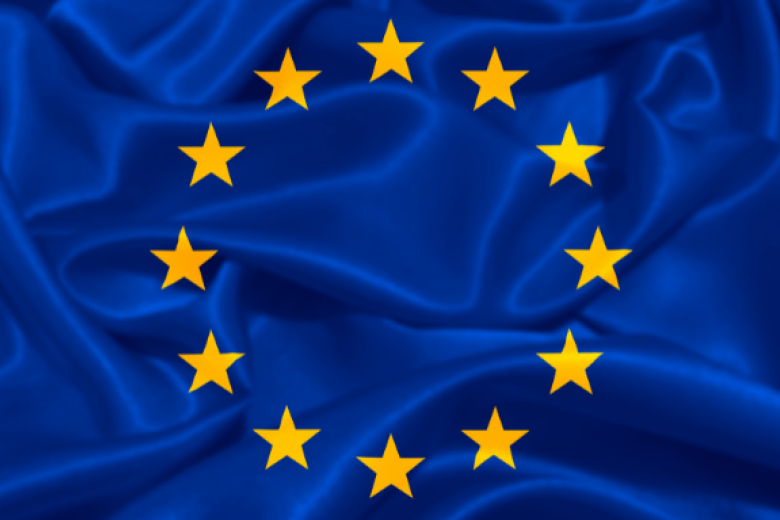
InvigoratEU
Dr. Giselle Bosse has, together with an international consortium, funding from the European Horizon funding scheme for the project ‘InvigoratEU’.
The project focuses on invigorating change of the EU‘s political perspective for the Eastern Neighbourhood and the Western Balkans, and on examining options for a resilient Europe. Giselle Bosse, together with Richard Youngs (Carnegie Europe), will lead the work package on ‘Innovative perspectives on democratising countries in the eastern neighbourhood and western Balkans in contexts of contested territory’.

ACCESS4ALL: Equal access for all lobbyists
Dr. Iskander de Bruycker has received funding from the NWO's Vidi scheme for the project 'ACCESS4ALL: Equal access for all lobbyists'.
ACCESS4ALL examines whether policymakers are accessible to all lobbyists, regardless of their societal background. Ideally, policymakers exchange with lobbyists with different socio-demographic profiles. Yet, the ACCESS4ALL project expects that policymakers predominantly exchange with lobbyists who resemble them; lobbyists of the same age, gender and ethnic background. The ACCESS4ALL project group tests its expectations within the European policy context through desk research, focus groups, large-scale surveys and vignette experiments. Based on this research, it proposes strategies to make access to EU policymakers more open and inclusive.
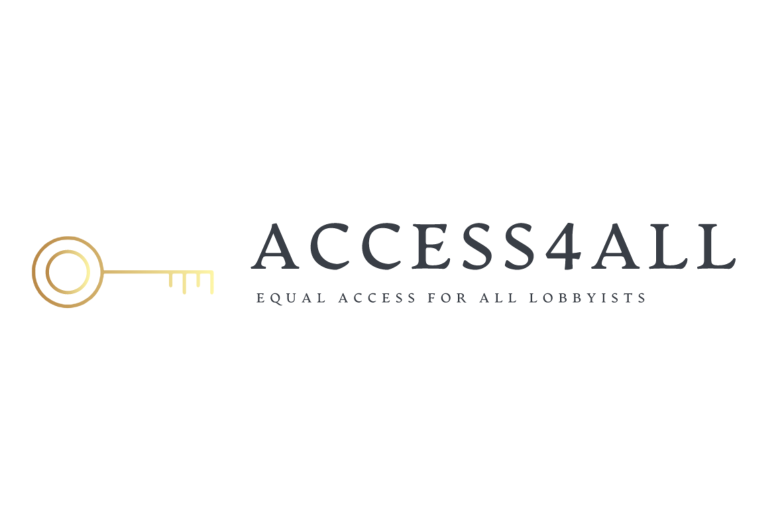
Banking on democracy. Evaluating the democratic justifiability of money creation by commercial banks
Dr. Janosch Prinz has received funding from the NWO Open Competition SSH XS for the project ‘Banking on democracy. Evaluating the democratic justifiability of money creation by commercial banks’.
The project reconstructs and evaluates the justifications for the money creation powers of commercial banks in the Eurozone, as offered by bankers, their public supervisors, and civil society organizations working on monetary reform. Commercial banks are responsible for ca. 95% of money creation today by providing credit. They decide about their extension of credit based on profit calculations. This means that commercial banks' profit calculations shape which kinds of projects go ahead. If the money creation powers of commercial banks stand in tension with the democratic collective in determining the direction of societal development, how could these powers be justified?

NAVIGATOR: The EU Navigating Multilateral Cooperation
NAVIGATOR is a 4-year research project. From PCE, Dr. Yf Reykers is involved. NAVIGATOR seeks to answer the following questions: how should the EU navigate the increasingly complex – and conflict-laden – institutional spaces of global governance to advance a rules-based international order? And what factors should be emphasized when considering which institutions to strengthen, which to reform, and which to by-pass when revitalising multilateralism?
NAVIGATOR’s main objective is to answer these questions and deliver a ready-to-use “search mechanism” and associated pathways of action that the EU and its member states can use as it seeks to strengthen a rules-based international order.
To achieve this, NAVIGATOR comprises a strong, global and inter-disciplinary team of researchers who explores institutional variation on six policy issues – climate change, digitalisation, finance/tax, health, migration and security – to identify what institutional mixes that enables the EU to have optimal impact in a given policy issue. This project receives funding from the European Union’s Horizon Europe research and innovation programme under the European Commission’s Horizon Europe Call. The project runs from January 2023 until December 2026.
Project leadership:
John Karlsrud, Norwegian Institute of International Affairs
Project partners:
- Norwegian Institute of International Affairs
- Copenhagen Business School
- Université Libre de Bruxelles
- Universiteit Maastricht
- University of Witwatersrand
- Universita Commerciale Luigi Bocconi
- Stichting VU, Operating Vrije Universiteit Amsterdam
- European Council on Foreign Relations
- The Hebrew University of Jerusalem
- Tallinna Tehnikaülikool
- University of Ottawa (associated partner)
- Waseda University (associated partner)
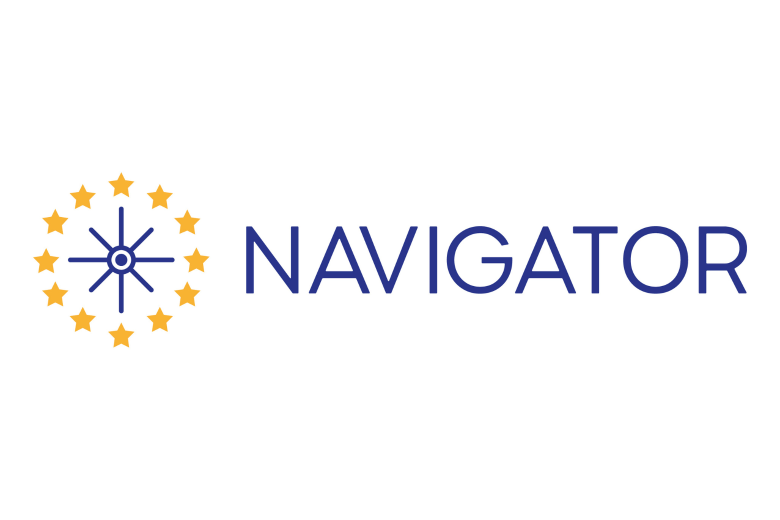
EMBRACing changE - Overcoming Blockages and Advancing Democracy in the European Neighbourhood
The research project EMBRACing changE (Overcoming Blockages and Advancing Democracy in the European Neighbourhood) aims to respond to the counter-democracy trends after the coloured revolutions and the Arab Spring. It does so through an inter-disciplinary, multi-method and cross-regional assessment of both blockages to and drivers of democratisation in 12 case study countries across Eastern Europe, Southern Caucasus, Western Balkans, Northern Africa and the Middle East.
This project has received funding from Horizon Europe.
PCE project team:
Project partners:
- Berghof Foundation Operations gGmbH, Berlin, Germany (Coordinator)
- Konstanz University (Germany) (Co-Coordinator)
- University of Lleida (Spain)
- Stockholm University (Sweden)
- University of Gent (Belgium)
- Elliniko Idryma Evropaikis kai Exoterikis Politikis (ELIAMEP) (Greece)
- Arab Reform Initiative (ARI) (France, Tunisia, Lebanon)
- Ukrainian Association of European Studies (Ukraine)
- Ilia State University (Georgia)
- University of Belgrade (Serbia)
- PalThink for Strategic Studies (Palestine)
- Concentris research management GmbH (Germany)
- University of Manchester (United Kingdom) – associated partner bringing their own funding
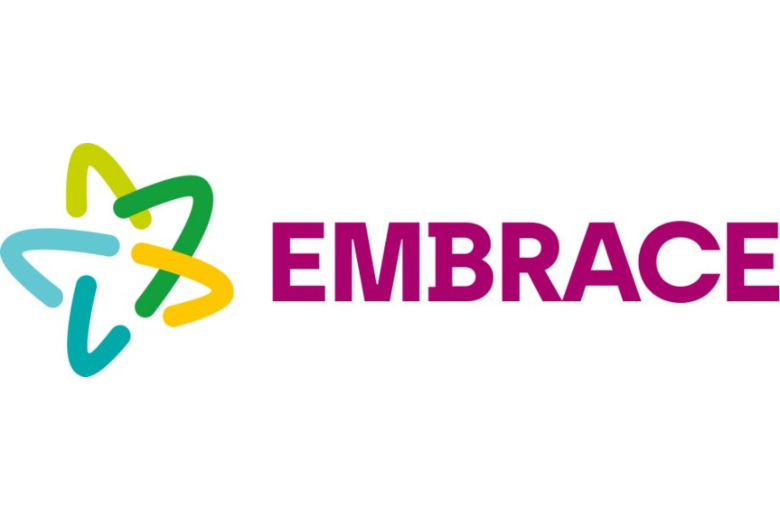
REMIT: Reigniting Multilateralism Through Technology
REMIT is a 4-year research project. From PCE, Prof. Sophie Vanhoonacker and Dr. Mariëlle Wijermars are involved. REMIT explores how, in a world where multilateralism and transnational democracy are increasingly under threat, multilateral governance can be reconceptualised through pivotal areas of technology such as digital technology, health biotechnology, security and defence technology, financial technology.
REMIT’s main objective is to contribute to defining the EU’s role in leading the defence and renewal and of multilateralism starting with the global governance of technology and to design policy recommendations that will reignite multilateralism via technology.
To achieve this, REMIT comprises an inter-disciplinary team of researchers of international universities and thinktanks with expertise in the EU, the US an China as well as in the earlier mentioned pivotal areas of technology.
This project receives funding from the European Union’s Horizon Europe research and innovation programme under the European Commission’s Horizon Europe Call. The project runs from March 2023 until February 2027.
Project partners:
- Maastricht University, The Netherlands
- European Cyber Conflict Research Initiative, UK
- Universitatea Babes Bolyai, Romania
- Universitaet Bremen, Germany
- Katholieke Universiteit Leuven, Belgium
- LUISS Libera Universita Internazionale degli Studi, Italy
- Erasmus Universiteit, The Netherlands
- Tartu Ulikool, Estonia
- Finnish Institute of International Affairs, Finland
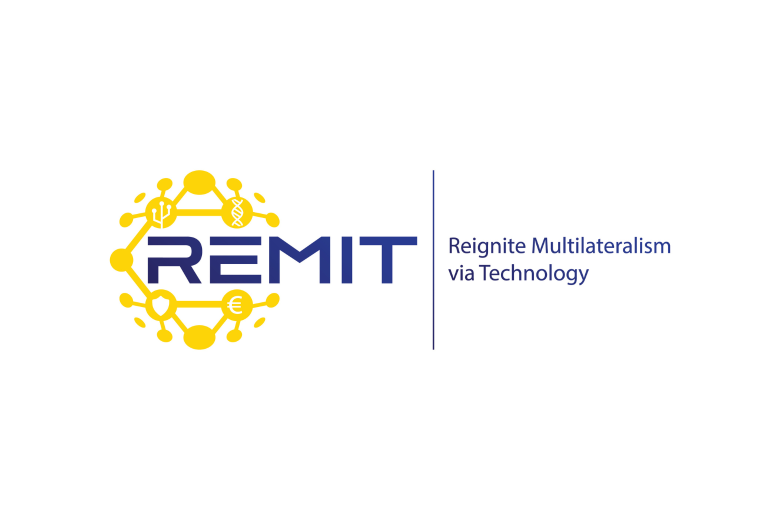
A coalition of hawks and doves? Explaining military receptiveness to civil society calls for transparency around the use of force
The Hawks and Doves project examines military receptiveness to NGO calls for transparency in Western European countries. It aims to understand the conditions under which military officials are willing to cooperate with civil society to improve transparency around the use of military force and its consequences.
The project is funded by the Gerda Henkel Foundation’s special programme on Security, Society and the State.
Project team:

Faces of Trade Diplomacy: Human perceptions, memories and hopes around trade multilateralism
Faces of Trade Diplomacy: Human perceptions, memories and hopes around trade multilateralism is an online gallery that builds on research findings from Dr. Clara Weinhardt's DFG research project on global power shifts and WTO politics.
“Faces of Trade Diplomacy” centres on making global trade diplomacy more relatable. While trade is perceived as highly technical, the exhibition wishes to reveal the more human elements of trade negotiations. By bringing personal stories, memories and hopes of trade diplomats to an audience, it seeks to build a connection between those that negotiate global trading rules and the more general public. Building on the DFG research project, the exhibition seeks to contextualise and go beyond the narrative of the crisis of trade multilateralism in a multipolar era.
Pictures by: Chantelle Gomez
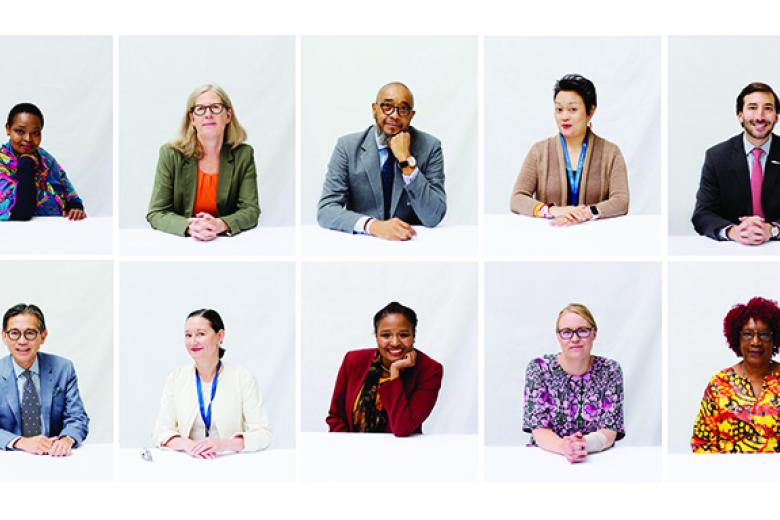
NestIOr: The Decline and Death of International Organizations
NestIOr is a five-year research project entitled "Who gets to live forever? Toward an Institutional Theory on the Decline and Death of International Organisations" (2019-2023) led by Prof. Hylke Dijkstra. Dr. Marie Debre is the postdoctoral researcher in this project. NestIOr has received funding from the European Research Council (ERC) under the European Union’s Horizon 2020 research and innovation programme (grant agreement No 802568). The project focusses on three areas: energy and environment, security, and finance.
| PCE project team | Project | Supervisor |
|---|---|---|
| Laura von Allwörden | Energy and environment | Prof. Hylke Dijkstra |
| Leonard Schuette | Security | Prof. Hylke Dijkstra |
| Giuseppe Zaccaria | Trade and Finance | Prof. Hylke Dijkstra |
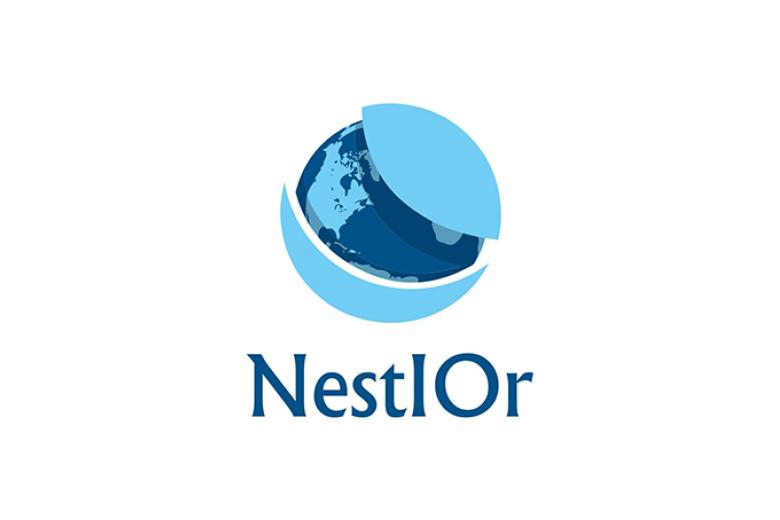
DeLab: Deliberation Laboratory
Deliberation Laboratory (DeLab): Artificial Intelligence and the Society of the Future is a four-year research project funded by the Volkswagen Foundation. It seeks to develop a moderator using artificial intelligence (AI) that can recognise escalating conflict in social media and intervene to de-escalate the situation.
The multi-disciplinary project team comprises specialists in computerised linguisitcs, philosophy, and AI, in Germany, Poland, Scotland, and the Netherlands. The UM team, led by Prof. John Parkinson, is developing and applying cultural script theory to detect the linguistic 'scripts' of conflict, before testing different AI responses in the laboratory and in the wild.

ADHOCISM: Ad hoc crisis response and international organisations
International organisations (IOs) are created with the aim of solving collective action problems when a crisis arises. Yet, member states have repeatedly established ad hoc crisis responses in situations where IOs might be expected to play a central role.
ADHOCISM asks what is the impact of ad hoc crisis responses on international organisations? In this way, ADHOCISM wants to contribute to filling this knowledge gap through a systematic study of ad hoc crisis responses in two policy domains: security and health. With this paired comparison, ADHOCISM wants to tap into a broader empirical governance phenomenon. Ad hoc crisis responses are here understood as loose groups of actors that agree to solve a particular crisis at a given time and location outside of an existing international organisation in the same policy domain. Ad hoc crisis reponses can, in the short-term, lead to more rapid and effective crisis responses among like-minded states, but if international organisations are no longer seen as the principal instruments to confront global challenges, the risk is also that the relevance of these international organisations will diminish, and similar trends may unfold in other domains.
Dr. Yf Reykers is the co-Principal Investigator of ADHOCISM. The project is funded by the Research Council of Norway (FRIHUMSAM). The project runs from September 2021 until August 2025.
Project leadership:
- John Karlsrud, Norwegian Institute of International Affairs (PI)
- Yf Reykers, Maastricht University (co-PI)
Project partners:
- European University Institute
- Norwegian Institute of International Affairs
- Universiteit Maastricht
- University of Witwatersrand

Need for speed: improving the institutional structure of international governmental organisations for rapid crisis responses
International governmental organisations (IGOs), such as the European Union (EU), United Nations and World Health Organization, are commonly seen as key actors in providing coordinated responses to crises with global dimensions. However, many IGOs have also been criticised for being too slow in their crisis responses. This is problematic, as speed matters for avoiding that crises escalate or cost lives. By studying the EU institutional architecture in the fields of health and security, this pilot project seeks to generate a set of hypotheses about how the institutional structure of IGOs can determine their crisis response time.
Dr. Yf Reykers is the Principal Investigator of this project, which is funded by a one-year grant from the NWO Open Competition Domain Social Sciences and Humanities – XS. It runs from August 2023 until May 2024.
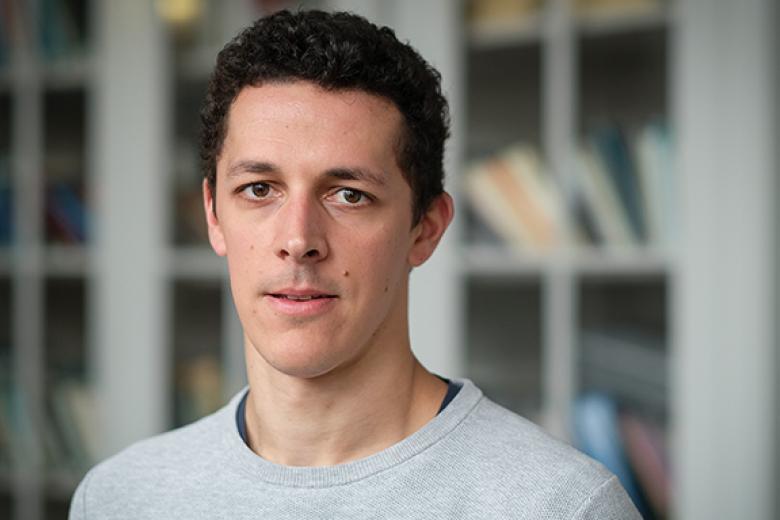
VISTA: ReVitalise the study of EU Single Market Integration in a turbulent age
The Jean Monnet Network project ‘ReVitalise the study of EU Single Market Integration in a turbulent age’ (VISTA) seeks to promote new research and teaching on contemporary developments in the single market in the areas of defence, the digital market, finance, and energy. It does so through the creation of new teaching materials at the involved universities, joint publications in academic journals, and policy papers.
PCE project team:
Project partners:
- University of Bristol
- Goethe University – Frankfurt
- National University of Kyiv-Mohyla Academy (NaUKMA)
- Tallinn University of Technology
- IAI-Rome
- CEPS-Brussels
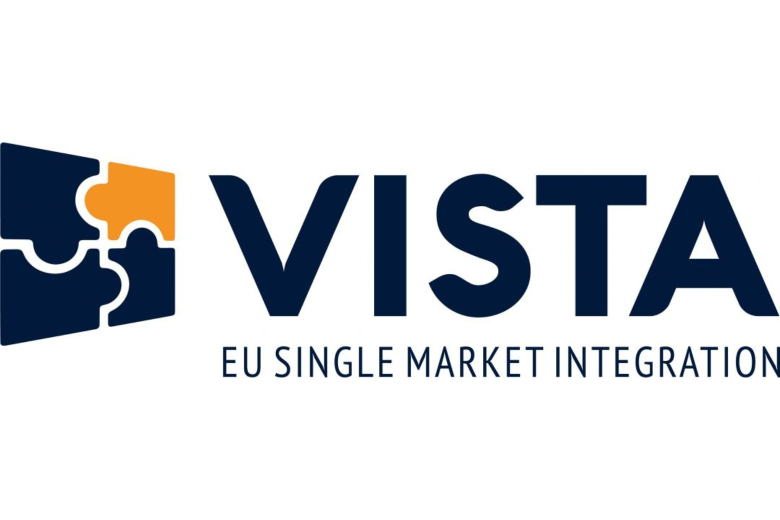
The forgotten occupation: Everyday life and social interactions in the Luxembourgish occupation zone in Germany (1945-1955)
Felix Streicher's PhD project 'The forgotten occupation: Everyday life and social interactions in the Luxembourgish occupation zone in Germany (1945-1955)' explores a case of foreign rule hitherto completely neglected in academic historical research: the Luxembourgish occupation in post-war Germany. The main focus of the project will be a detailed analysis of German-Luxembourgish social interactions inside the occupation zone through the lens of a history of everyday life, space and gender.
This PhD research project is funded by a grant from the Luxembourg National Research Fund (FNR).
Photo: Musée National d’Histoire Militaire (Lux.), Fonds Aloyse Jacoby, K336_189.
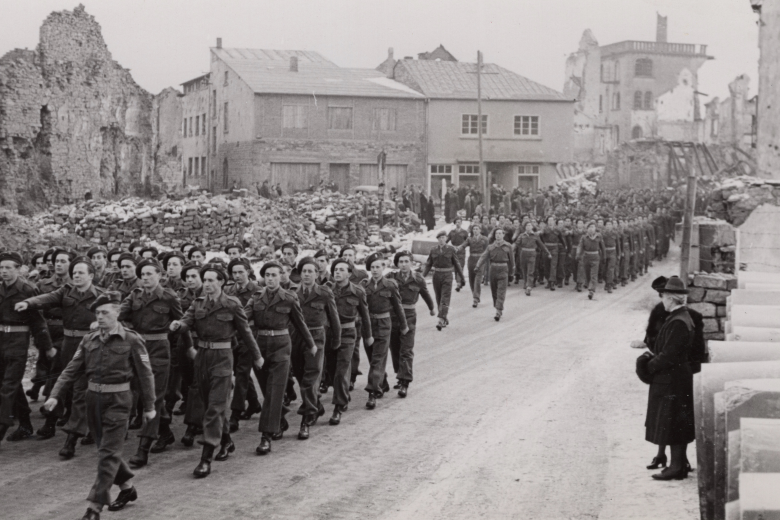
-
ENSURED: Transforming and Defending Multilateralism
-
ARM: The long arm of authoritarian states
-
REUNIR: Resilience, Enlargement, Union, Neighbourhood, International Relations
-
InvigoratEU
-
ACCESS4ALL: Equal access for all lobbyists
-
Banking on democracy. Evaluating the democratic justifiability of money creation by commercial banks
-
NAVIGATOR: The EU Navigating Multilateral Cooperation
-
EMBRACing changE - Overcoming Blockages and Advancing Democracy in the European Neighbourhood
-
REMIT: Reigniting Multilateralism Through Technology
-
A coalition of hawks and doves? Explaining military receptiveness to civil society calls for transparency around the use of force
-
Faces of Trade Diplomacy: Human perceptions, memories and hopes around trade multilateralism
-
NestIOr: The Decline and Death of International Organizations
-
DeLab: Deliberation Laboratory
-
ADHOCISM: Ad hoc crisis response and international organisations
-
Need for speed: improving the institutional structure of international governmental organisations for rapid crisis responses
-
VISTA: ReVitalise the study of EU Single Market Integration in a turbulent age
-
The forgotten occupation: Everyday life and social interactions in the Luxembourgish occupation zone in Germany (1945-1955)
